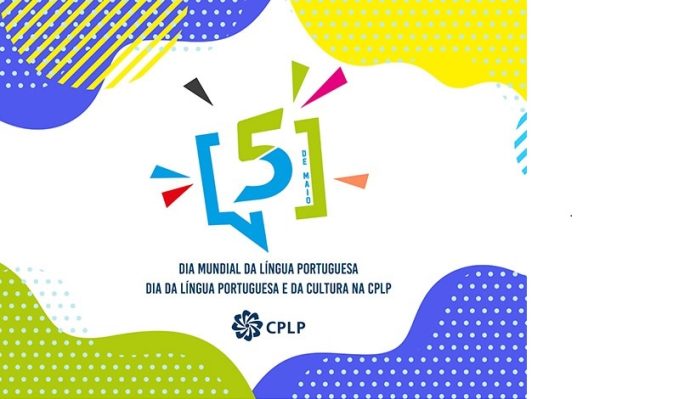DNA
ISLAMABAD: Every 5th May it is celebrated as the UNESCO World Portuguese Language Day and the Culture of the Lusophone Countries assembled in the CPLP (Community of Portuguese – Speaking Countries), a significant occasion highlighting the global presence, cultural richness, and unifying power of the Portuguese language.
In the regards Ambassador of Brazil to Pakistan Mr. Olyntho Vieira and Ambassador of Portugal to Pakistan Mr. Frederico Silva have jointly issued a statement highlighting the importance of the day.
Originally sedimented and developed in western Europe, more than one thousand years ago, the Portuguese Language is today the native language to almost 300 million people in nine countries across 4 continents, and to lusophone diasporas living in almost all the corners of the planet. One of the most globally diffused languages in the modern world, the Portuguese is the most spoken universal language in the southern hemisphere.

This World Day also celebrates the diverse and rich Cultures of the nine countries that form the CPLP (Community of Portuguese-Speaking Countries), including, in Africa, Angola, Mozambique, Guinea-Bissau, Cape Verde, São Tomé e Principe and Equatorial Guinea, in Asia, East Timor, in America, Brazil and in Europe, Portugal.
The theme for this year’s celebration “The Promotion and Dissemination of the Portuguese Language and Cultural Diversity of CPLP Member States: From Traditional Experiences to Digital Platforms” reflects the growing relevance of Portuguese in the digital age. It also highlights the need to leverage technological tools, including artificial intelligence and digital media, to preserve, teach, and promote the Portuguese language across generations and borders.
Portuguese is not only a means of communication but also a symbol of identity, memory, and shared heritage. As a pluricentric language, it reflects the diversity of its speakers and the richness of their individual experiences and national cultures. Celebrating May 5th is an opportunity to honor this diversity, strengthen linguistic and cultural ties, and look toward the future with a sense of unity and purpose.

















